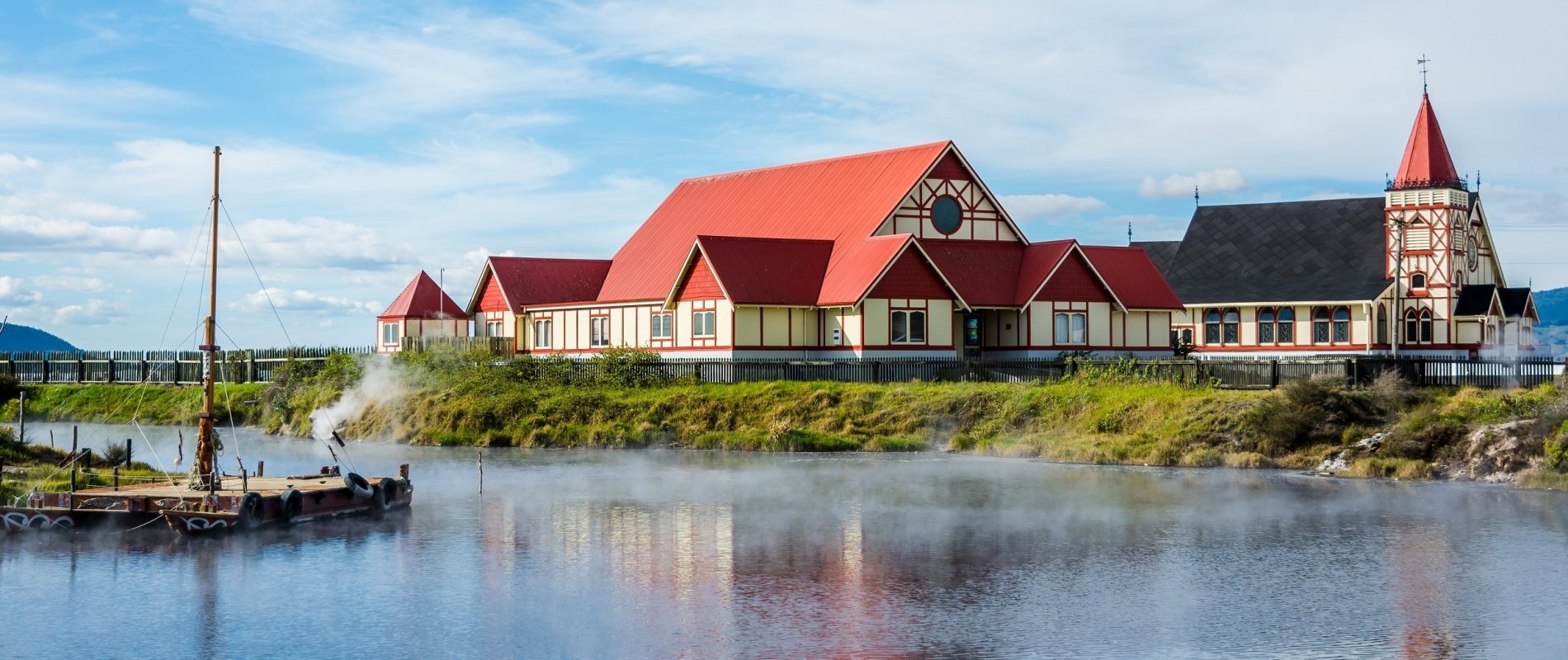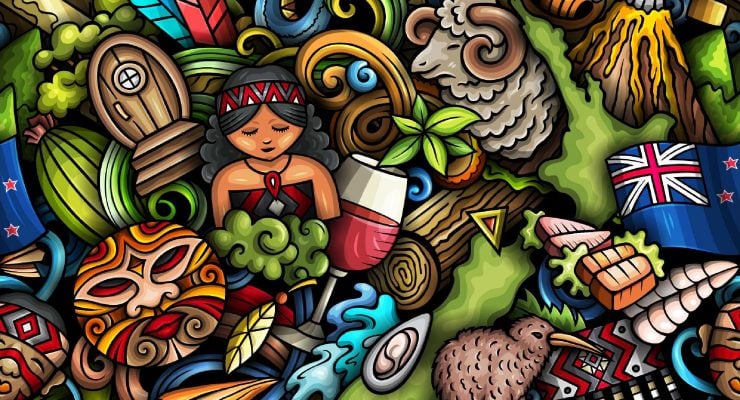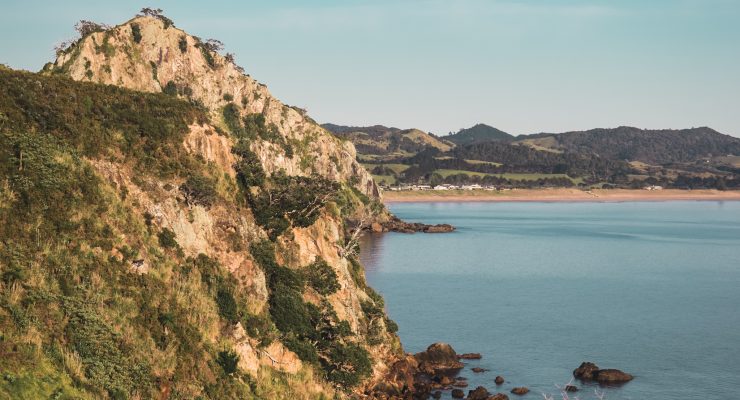- New Zealand university websites often publish pages on the cost of living in their city; examples include The University of Auckland, University of Victoria (Wellington), University of Otago (Dunedin), and University of Waikato (Hamilton).
- Careers NZ Job Database provides job opportunities and useful salary data, including salaries per hour or per year.
- The Ministry of Business, Innovation and Employment (MBIE) rental prices page lets you compare rents by region, city and district (note: it does not include bills).
- The NZ Immigration site offers information on the cost of living for new arrivals. Show more












 Français
Français English
English




0 comments
{{like.username}}
Loading...
Load more